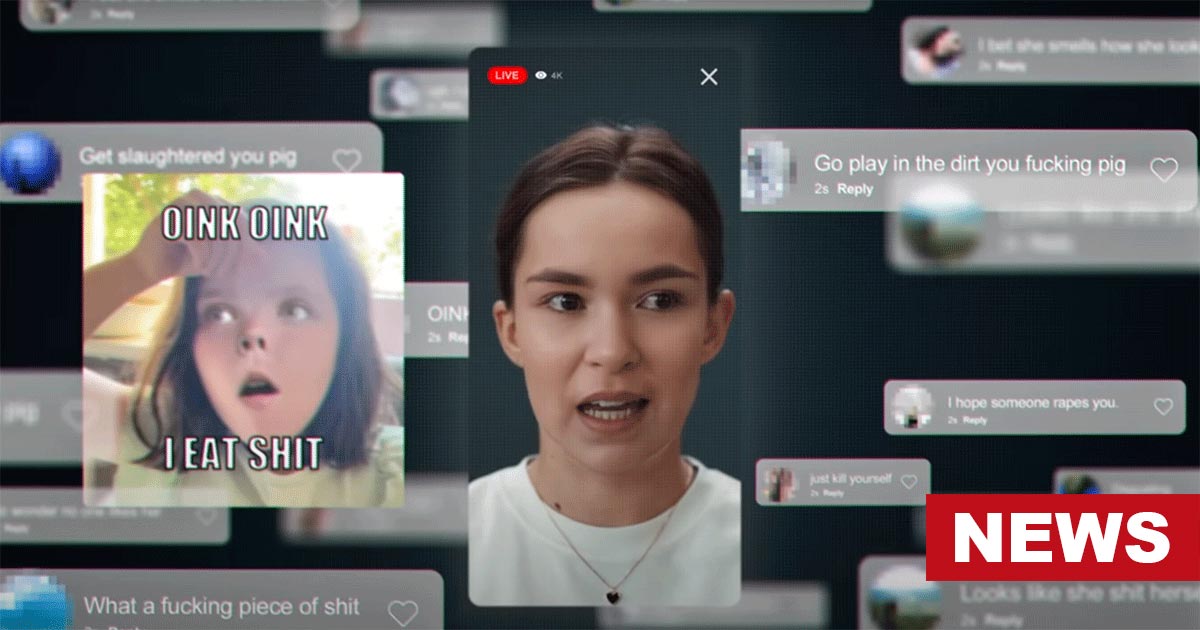The surge in family vloggers has brought children into the limelight, but sharing images of young family members may not be as innocent as it appears. Nowadays, experts are expressing worries about sharenting and its potential consequences of exposing minors to extensive audiences.
Awareness campaigns against sharenting have come into being, stating that such online practices can have adverse effects on minors’ mental well-being, besides infringing their privacy. It’s worth noting that minors cannot provide consent regarding the portrayal of their lives in online content, making this issue particularly concerning.
For the unversed, sharenting refers to the practice of parents sharing pictures, videos, and personal details of their children’s lives on social media and other online platforms. It is highly treated as a practise to record memories online, but several governmental and non-govermental bodies across the world have launched online and offline campaigns against sharenting.
Deutsche Telekom and the creative agency adam&eveBERLIN in Germany have launched a compelling campaign highlighting sharenting dangers. It emphasizes the growing risks faced by parents due to the misuse of data and the rise of artificial intelligence (AI). In their powerful film, AI is cleverly used to draw attention to the dangers posed by its own capabilities.
Through the #ShareWithCare initiative, Deutsche Telekom intends to raise awareness about the responsible sharing of photos and data. The campaign commences with an impactful deepfake spot titled “A Message from Ella.” The film itself stages a thought-provoking social experiment that realistically showcases how technology, like deepfake AI, can create convincing simulations.
The protagonist, “Ella,” portrayed by a 9-year-old actress, becomes the center of attention. Through advanced AI technology, a deepfake version of Ella as an adult is brought to life.
This virtually aged Ella from the future warns her surprised parents about the repercussions of sharing their child’s pictures on the internet, exemplifying the potential consequences faced by an entire generation of children.
Uli Klenke, Chief Brand Officer at Deutsche Telekom, said in a promotional interview: “In addition to access to this network, we also need the necessary knowledge and tools for safe and responsible handling of data on the Internet. Because the development of artificial intelligence holds opportunities and risks. In the spot, we let the AI warn us about itself. And thus, underline fascination and awe at the same time. We have to learn to deal with both factors appropriately.”
Several organizations in India also led AI campaigns against sharenting and mental health awareness in minors. For example, Assam Police’s Twitter sharenting campaign warns parents of the dangers of digital footprints, as well as online data and identity theft.
Assam Police employed AI-generated visuals, and paired the images with a vital message: “Likes fade, but the digital scars remain. Shield your child from the perils of Sharenting. Be mindful of what you share about your child on Social Media. #DontBeASharent.” They also advised being cautious about the content shared regarding their children on social media, highlighting the importance of mindful online behavior.
A Note On Sharenting And Children’s Mental Health
Sharenting can have significant implications on children’s mental health, stemming from various factors associated with the practice. First and foremost, the constant exposure of a child’s personal life and intimate moments on social media can lead to a lack of privacy, which may cause feelings of vulnerability and discomfort.
As children grow older and become more aware of their digital presence, they might feel embarrassed or even resentful about the content shared by their parents without their consent. This could create a sense of betrayal and negatively impact their trust in their parents’ judgment.
Secondly, the pressure of constantly being in the spotlight can lead to self-esteem and body image issues among children. Social media platforms tend to showcase the highlights of life, and children may feel inadequate if they perceive their own lives as less exciting or perfect in comparison.
Moreover, the number of likes, comments, and shares on the shared content may inadvertently become a measure of the child’s worth in their eyes, leading to a distorted sense of self-validation and an unhealthy reliance on external validation.
Furthermore, sharenting may expose children to online harassment, cyberbullying, or even potential exploitation. The online world can be unpredictable, and sharing personal information about a child might attract negative attention or malicious behavior from strangers.
This exposure to cyber threats can cause anxiety, stress, and fear in children, as they may not fully comprehend the potential risks involved. Therefore, it is crucial for parents to be mindful of the content they share and respect their children’s boundaries to ensure a healthy and positive online experience and future for their kids.




























